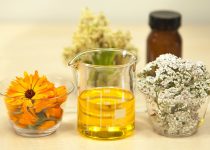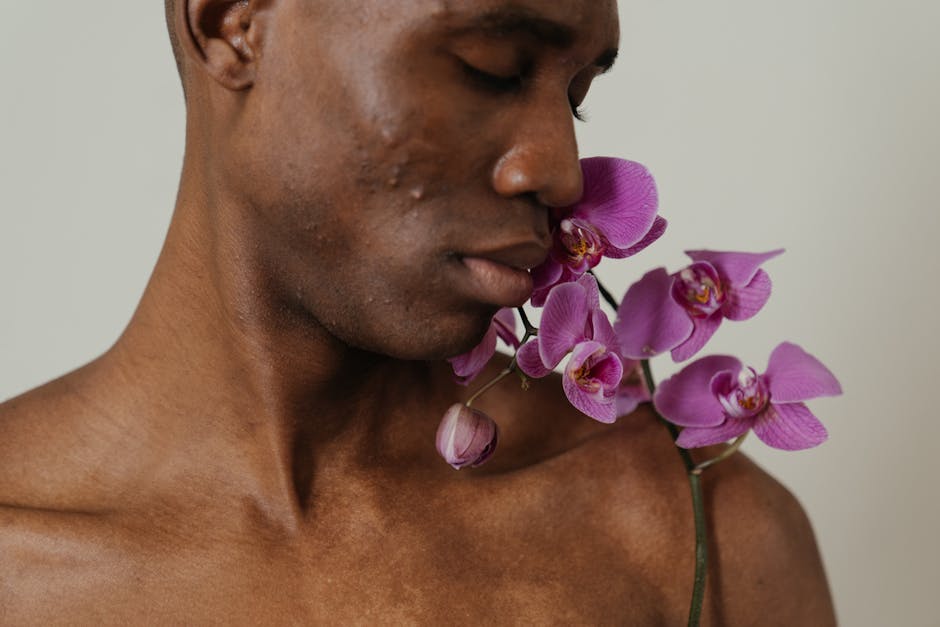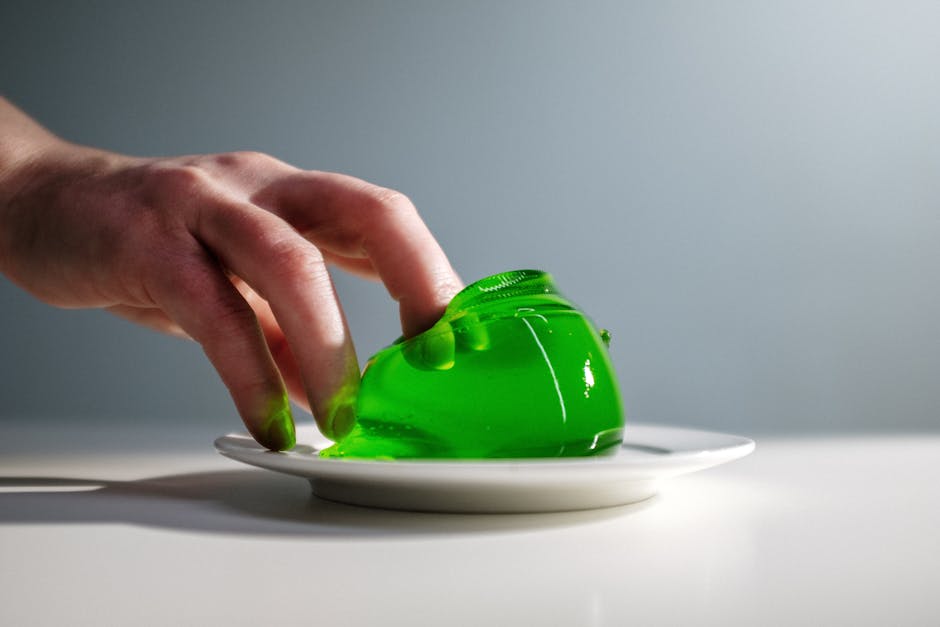How To Cure Acne: A Comprehensive Guide To Clear Skin
Acne is a common skin condition that affects people of all ages. It is characterized by the appearance of pimples, blackheads, and whiteheads on the face, back, and chest. While acne is not a serious medical condition, it can be embarrassing and frustrating. The good news is that there are a number of effective treatments available to help cure acne.
The first step in curing acne is to identify the underlying cause. Acne is caused by a combination of factors, including:
* **Excess oil production:** The sebaceous glands in the skin produce oil, which helps to keep the skin hydrated. However, too much oil can clog the pores and lead to the formation of pimples.
* **Dead skin cells:** Dead skin cells can accumulate on the surface of the skin and clog the pores. This can trap bacteria and lead to the formation of pimples.
* **Bacteria:** The bacteria Propionibacterium acnes (P. acnes) is found on the skin of all people. However, in people with acne, P. acnes can overgrow and cause inflammation, which leads to the formation of pimples.
Once the underlying cause of acne has been identified, the appropriate treatment can be selected. There are a number of different treatments available, including:
* **Topical treatments:** Topical treatments are applied directly to the skin and can help to reduce oil production, kill bacteria, and unclog the pores. Common topical treatments include benzoyl peroxide, salicylic acid, and retinoids.
* **Oral medications:** Oral medications can be used to treat moderate to severe acne. Common oral medications include antibiotics, hormonal therapy, and isotretinoin.
* **Light therapy:** Light therapy uses blue light to kill bacteria and reduce inflammation. Light therapy can be used in conjunction with other treatments or as a standalone treatment.
In addition to medical treatments, there are a number of things you can do at home to help cure acne, including:
* **Wash your face twice a day with a gentle cleanser.** Avoid using harsh soaps or scrubs, which can irritate the skin and make acne worse.
* **Exfoliate your skin once or twice a week to remove dead skin cells.** Be sure to use a gentle exfoliator and avoid over-exfoliating, which can damage the skin.
* **Use a moisturizer to keep your skin hydrated.** Avoid using heavy moisturizers, which can clog the pores.
* **Avoid touching your face.** Touching your face can transfer bacteria to the skin and make acne worse.
* **Eat a healthy diet.** Eating a healthy diet can help to improve your overall health and may also help to reduce acne. Be sure to eat plenty of fruits, vegetables, and whole grains.
* **Get regular exercise.** Exercise can help to reduce stress, which can be a trigger for acne. Exercise also helps to improve circulation, which can help to clear the skin.
If you are struggling to clear your acne, it is important to see a dermatologist. A dermatologist can help you to identify the underlying cause of your acne and develop a treatment plan that is right for you.


